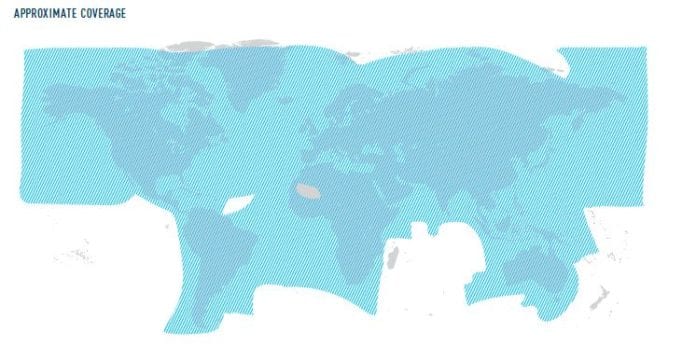Traveling can be a burdensome process even when everything goes right. And chief among frequent flyer complaints is the lack of Wi-Fi access, or, when it’s available, the low quality of Wi-Fi, which in airplanes is often far too slow to stream video.
Gogo, a major provider of in-flight Wi-Fi networking equipment, this week said it has received approval from the Federal Aviation Administration to commercially use upgraded Wi-Fi equipment, although widespread commercial rollouts are slated for 2016.
The new Gogo hardware, called 2Ku, uses two low-profile satellite antennas to deliver Wi-Fi speeds of more than 70 Mbps. The 2Ku antenna improves spectral efficiency to produce more usable bandwidth and Gogo calls it “the most TV friendly solution in the market.”
Part of the FAA’s involvement stems from the need to place the antennas on the exterior of aircraft. The 2Ku is 4.5 inches tall, “which reduces drag on the aircraft compared to other satellite solutions,” according to the company.
Like some more issue-prone antennas, the 2Ku can connect to more than one satellite meaning “it avoids the single point of failure that comes with reliance on a single satellite for connectivity in a given region, and offers airlines much desired redundancy and reliability.”
Recode reports that some 500 aircraft from seven airlines, including Delta and United, will partner with Gogo to deploy the new solution.
“We believe this will be the best performing technology for the global commercial aviation market, bar none,” Gogo CTO Anand Chari said in a statement. “Clearing this regulatory hurdle brings us one step closer to enabling our airline partners and their passengers to enjoy the future of in-flight Internet.”

